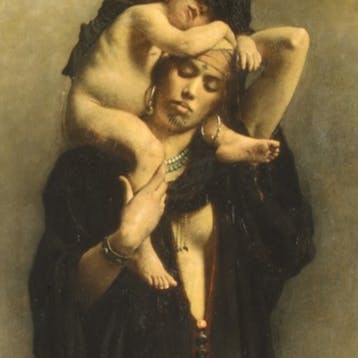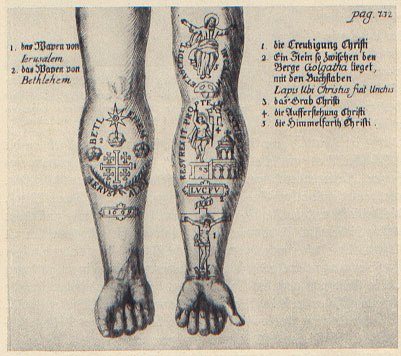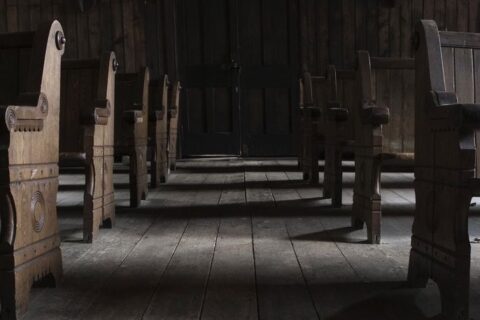Tattoos are very common in this day and age and have even become mainstream; most actors and actresses have at least one tattoo, there are multiple TV series based around tattoos and tattoo culture, and even schools for tattooing have opened in recent years. Though body art has become so commonplace, many people still frown down upon it and, especially in the South, have religious reasons for doing so. Despite Leviticus 19:28, tattoos aren’t always seen in a negative light by Christians, and are sometimes a necessity.
In Egypt, Copts would brand themselves and their children with a hot iron cross, openly identifying themselves as Christians, and as a sign of defiance against their hostile Muslim neighbors. As time progressed, branding evolved to tattooing and the practice spread further into the world. Even today, as they continue to face brutal abuse and harassment from their Muslim counterparts, Copts show their tattoo to gain entry into their churches, while those without must present ID.

With the spread of the Copt’s tradition, Christians making their pilgrimage to the Holy Land during The Crusades also received tattoos called “pilgrim tattoos,” tattoos that symbolize their journey and devotion to their faith. Prior to the Israeli War Of Independence, Jerusalem had many tattoo shops for this purpose before they fled. Today, Razzouk Ink, which is regarded as the world’s oldest tattoo shop, is the only one remaining in Jerusalem’s Old City. The Razzouk family has been tattooing since the 1300s, originally starting in Egypt and later relocating to Palestine. The current owner and operator of Razzouk Ink is a 27th generation tattoo artist and only recently started offering other styles of tattoo art.
Much like the Copts, the people of Bosnia and Herzegovina tattooed themselves with Christian markings and stećak ornaments while being forced to coexist with Muslim counterparts. While the Ottoman Empire ruled over them, Catholics would tattoo their children to save them from devshirme, an Ottoman practice where European Christian children were forcibly recruited as soldiers and bureaucrats and forced to convert to Islam. To avoid enslavement, women would tattoo visible parts of their body, such as their hands or brow; a practice still common amongst Bosnian women today.

While I’m not attempting to sway the reader’s opinion of tattoos one way or the other, and just wanted to write an article that allows us to escape for a minute from the nightmare that is American politics, I must say that I was shocked by the importance of tattoos in certain Christian circles. Not only are they a sign of devotion, but at one point they were lifesaving; a skin deep defense mechanism that kept them from being taken as a child soldier or slave and allows others entrance into their houses of worship.

O I’m a good old rebel, now that’s just what I am. For this “fair land of freedom” I do not care at all. I’m glad I fit against it, I only wish we’d won, And I don’t want no pardon for anything I done.






Cool article, I wish there was more to it, don’t be afraid to be lengthy here, my comments sometimes are longer than the articles for example 😅
I don’t have any tattoos, but I’m not really against them until they reach the “ok, this dude probably has some mental issues to go along with his reptile scales face tats” stage. I will also be up front about not liking them on girls, especially if its one I am with, running my hands over what is basically a huge scar that I know she can’t even feel, well its not for me.
All of that aside, I would like some more info on Christian tattoos, especially relating to Southern identity or Southern identity on the way to the South, for example freebooters, I’m sure, had a certain flare for skin art. So if you have some more sources or if anyone has some examples of Civil War or antebellum tattoos, please do share. Nice article man, interesting change of pace.
Michael are you the fellow who has done several articles on home schooling?
No, that would be mister T. Morris a frequent commenter on here, less so of late. His latest one was on older movies you can safely watch, his pick was one on a maritime themed historical drama.
Your confusion probably stems from me harassing him so much to write about homeschooling. I am trying to remember his his pen name here, but it escapes me, his avatar is what appears to be a coal miner if that helps. He has not been frequenting the site as much of late much to my disappointment as he usually had the best comments to articles.